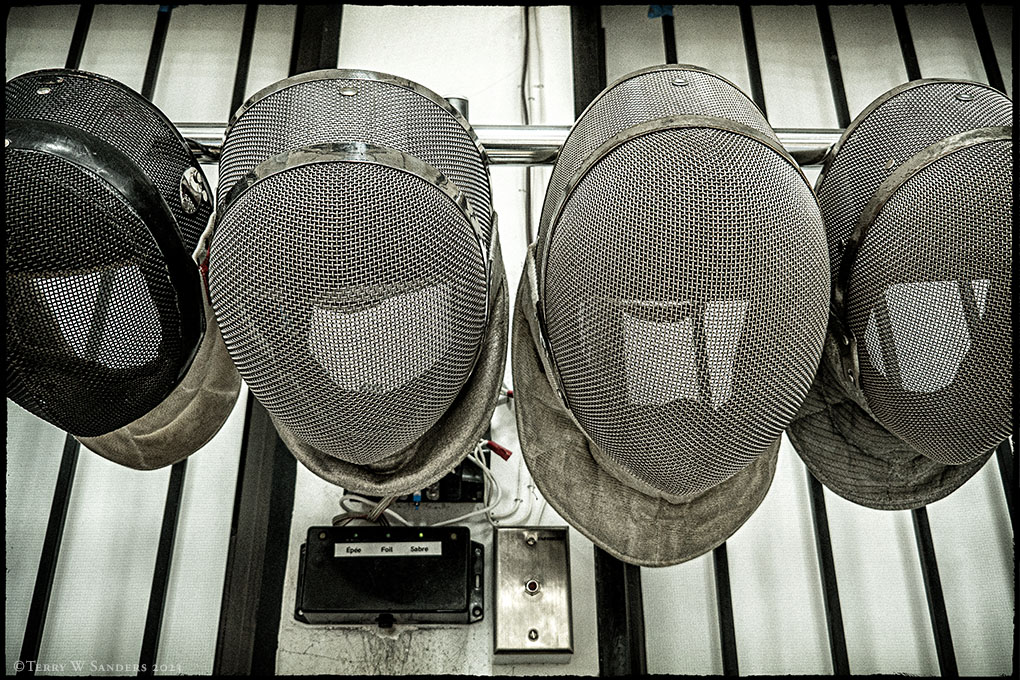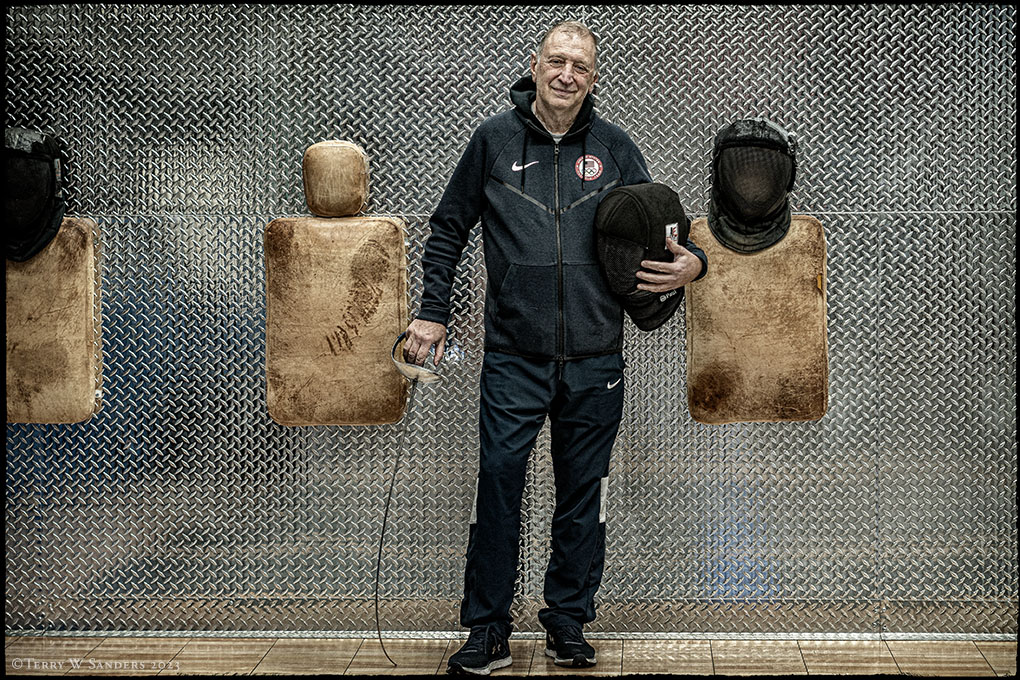In the heart of Manhattan, inside a building that seems devoted to everything but sports, there is a fencing center that produces talent every year.
The Manhattan Fencing Center, located at 15 West 37th Street, was covered a few months ago by the New York Times, which with a large front-page article described the Midtown school as an opportunity for kids to get into college through athletic merit.
Fencing, in the NYT article, was described only as a means of gaining admission, a sport to be used on a temporary basis to gain an advantage over other applicants.
Instead, among the fencing platforms administered by Coach Yury Gelman, there is so much more. “Fencing is a sport that is mainly done out of passion,” he says in a break from training while sitting at his desk. “Of course, it’s true that today all the big colleges, from Harvard to MIT, to Stanford, have a fencing team and so many people try to get admitted because of sporting merit, but it’s also true that fencing is a hard sport with little satisfaction. Most of the athletes I have here train for the love of fencing”.
And there are many members that Coach Gelman has managed to have in his gym. Almost 400, 60 of whom are engaged in foil and the rest in saber.

He began coaching almost fifty years ago, in 1977, starting at the Physical Education College in Kiev, where he was born. He spent fourteen years there, making a career of it and also becoming the coach of the Ukrainian national team from 1987 to 1991.
Then, in 1991, he decided to follow his sister and headed for New York, where fencing was not the well-known sport it is today. It took him four years to settle in the city, and in 1995 he was hired as a coach at St. John’s University.
The American years, for him, is a string of successes. Under his leadership at the 2001 World Junior Championships, Ivan Lee and Tim Hagamen were the first to win a gold medal for the United States; the U.S. National Team won the Team Grand Prix in 2004, placed 4th at the 2004 Summer Olympics in Athens, 5th at the 2005 Senior World Championships in Leipzig, and won a silver medal at the 2008 Summer Olympics, exactly one year after he founded the Manhattan Fencing Center.
The successes continued, and in 2016, after being inducted into the U.S. Fencing Hall of Fame, his athlete Daryl Homer won the silver medal at the Rio Olympics in men’s saber, followed by the bronze won by women’s team saber.
It’s a story of success and love for the sport that is evident in the way Coach Gelman talks about fencing.
“It’s a sport that teaches you a lot,” he relates. “First of all discipline, then respect and sacrifice.” So much sacrifice. Those who know fencing know how much time and effort spent pursuing a path is hardly repaid with as much satisfaction.
Those who do fencing, with very rare exceptions, do not become famous, earn a lot of money, or get top-level sponsorships. Not even by winning a medal at the Olympics. So it is precisely passion that moves the athletes’ legs, that keeps them “on guard” during training, that makes them endure the heat under their uniforms and the frustration at not being able to perfect the smallest wrist movement.

Yet there they stand, spending hours attending to a detail, even in a place like New York City where time never seems to be enough and where everyone on the streets is running. They stand there under the watchful gaze of Coach Gelman, who after fifty years of experience still has the urge to give a few private lessons to his students.
“I do a lot less than before,” he confesses. But despite his advancing age, he cannot stop wearing the “black uniform” of the coaches.
He still watches the little boys and girls at the Manhattan Fencing Center as they try to learn basic technique and as they walk awkwardly in a mask that is too big for them.
“Every now and then I get to see potential in these children,” he says. What is talent to you? We ask him. What does a person need to be a great athlete? “Results are not enough. To those you have to match personality and ethics, to be a gentleman, a good person. I try to teach people not only fencing technique, but also how to behave on the piste and in life.”
An all-around teaching, just what fencing gives you.












